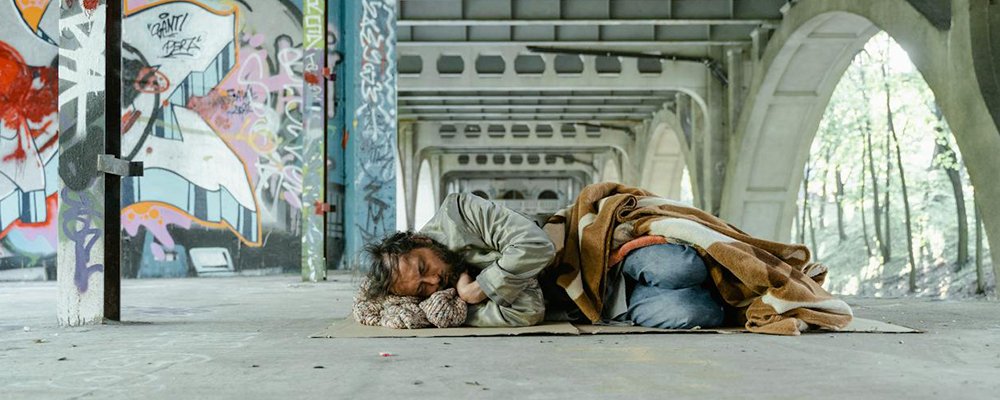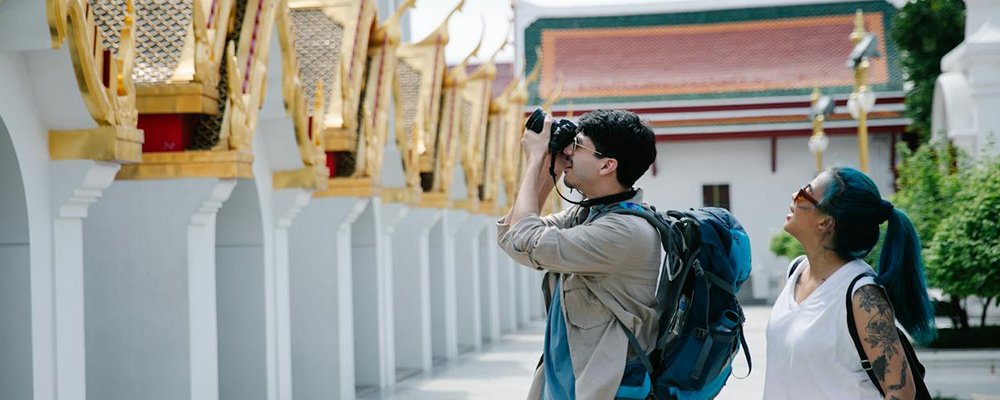Every tourism hub on the planet has its own culture of scammers. Whether you are in New York or Istanbul, Melbourne, Singapore, Sri Lanka or smaller tourist places, chancers will always be waiting for the next easy prey to scam them. Here, we take a deep dive into the hustles and rip-offs and ways to combat them.
New Tourist Scams
Scammers – or criminals, as they should be called – are always adaptable, versatile and innovative. They move with the times, and the scams they invent are getting smarter, particularly in the age of the internet and smartphones. One scammed tourist lamented: “If in doubt, walk on out. What you see is not what you get.”
Having scanned blogs and news wires, the Wise Traveller exposes some of the rip-offs from Bangkok to Brooklyn.
Local ‘guides’: Inevitably, tourist hubs will attract the quick-witted and quicker profiting chancers that seek to offer a tourist an inside guide on the place. But the offer is a ruse to guide you to a friend’s shop or café where exorbitant fees are charged or to offer advice for a fee, which is publically available. They are simply cashing in on the tourist’s ignorance and naivety. Once in Columbia, Sri Lanka, we were offered a hand to see the local landmarks – for a fee. We declined, but the man continued until we protested that we would call the police.
Distraction: Scammers are adept at thriving in public places and still pull off a distraction theft. Usually operating as a group, they will key in one tourist by asking for directions or diverting their attention, allowing an accomplice to ghost in and steal belongings or valuables.
Money Scams: Travellers are easy prey when it comes to being swindled for money at ATMs by dodgy skimmers offering help to people in money exchanges, giving the incorrect change, quoting undercooked rates, or even being handed fake cash. Avoid using cash, and if you have to, go into a supermarket to break down the high-value denominations of local money just in case a taxi driver tries to scam you by saying they don’t have change.
Being Overcharged: This is still an old ruse, but money makes the world go round. Double check with taxi drivers on the fee before committing to the ride and if their meter is not broken. Use your mobile’s calculator to ensure they haven’t moved the decimal point to fleece you of cash.
Fake Hotels: Like an oasis in the desert, some fantastic images of lovely hotels at dirt prices are usually too good to be true, and they are fake; criminals are working overtime on the Internet to offer booking sites and fake hotel websites to cash in on travellers looking for a quick deal, and an even quicker hit to the pocket. They thrive from Turkey to Thailand and elsewhere. So research and research some more so that the hotel you turn up to is real, has your booking and isn’t a pile of rubble in the middle of nowhere. Worse, you may have booked what you think is a lovely villa and turn up to find someone already staying there.

Old Swindles Persist
The crux of any scam is that a traveller, no matter their age, is thousands of miles from home without the opportunity to turn to others for help. Scams that draw them in are as old as time itself:
Picture, Camera, Action: In places such as Egypt, India, and other undeveloped places, enterprising scammers may be on hand to help you take that perfect picture in front of a memorable location. The sting: they won’t give you the camera back unless you pay them, and pay them well.
Gift Scam: Pretty much in the same vein, a scammer will hand over a flower, a necklace, or a cheap gift and then pressure you to buy it. If asked, say no and move on.
Beggar’s Belief: Tourists fall victim to beggars, particularly women with glum children in their arms. They can be seen the world over, and while there are genuine beggars, some are just there to cash in on a traveller’s naivety.
Chance: This offers a simple opportunity to make money, but the game of chance is always designed to make you lose and look foolish.
Closed Hotel: This is where a taxi driver at the first point will tell you the hotel you intend to stay at is either closed or under construction. Naturally, he will suggest another more expensive hotel that is safe. If you have your hotel’s number, call them immediately or insist on going there anyway. Advise caution on believing every word uttered by a taxi driver.

How To Avoid Rip-Offs
You may think there is a scam on every corner when you step out of your lodgings in a foreign country, but that isn’t the case. However, you need to have your guard up and be resilient to scams that could impact you when you least expect it.
It is best to pay attention to detail and be aware of your surroundings. If you don’t think or feel it is safe, get into a public place or location as fast as possible. To be safe in numbers.
Always watch your belongings and avoid having random chats with strangers who suddenly strike up a conversation with you. Never trust anyone who approaches you.
Never leave your valuables unattended in a hotel room with the following sign posted: “We are not responsible for your stolen valuables.”
Be wary of waiters and others that may naturally ask you where you are from and what hotel you at. It could be a foot in the door for them and their friends to scam you.
 Andy Probert is an experienced freelance business travel journalist and PR specialist.
Andy Probert is an experienced freelance business travel journalist and PR specialist.















